Donate to AMTA
You Can Help Support Music Therapy!
The American Music Therapy Association® is a 501(c)3 non-profit organization whose mission is to advance public awareness of the benefits of music therapy and increase access to quality music therapy services in a rapidly changing world. You can donate to help support this mission!
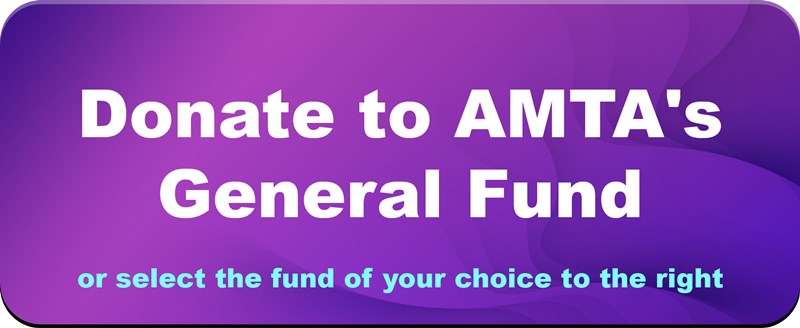
AMTA expands access to music therapy, raises awareness about its benefits, and empowers music therapists to serve diverse populations "from the cradle to the grave." Many can benefit from music therapy interventions to achieve their healthcare goals. Music therapy has proven effectiveness in healthcare, education, mental health, and provides an outlet for expression of feelings.
AMTA's Programs
AMTA engages and provides professional opportunities for 3,500+ diverse members including clinicians, researchers, students, and others engaged in music therapy and represents over 10,000 Board Certified Music Therapists across the United States and around the world.
Promoting Advocacy and Music Therapy Resources
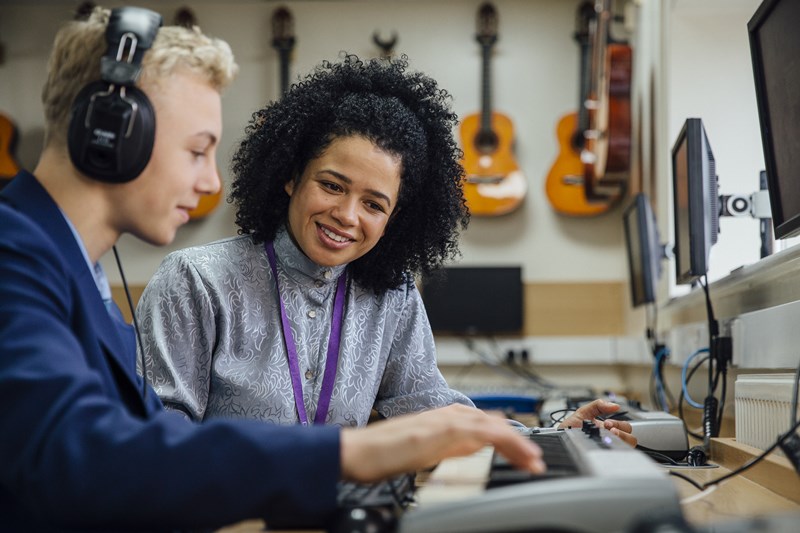 AMTA’s policy and advocacy efforts raise awareness of music therapy amongst elected officials, policy makers, and other key stakeholders who shape recognition and policy related to music therapy, its evidence of effectiveness, and important reimbursement and medical insurance details which influence access to care. This creates an enabling environment as we aim to expand awareness and access to this important tool for mental and physical health and healing.
AMTA’s policy and advocacy efforts raise awareness of music therapy amongst elected officials, policy makers, and other key stakeholders who shape recognition and policy related to music therapy, its evidence of effectiveness, and important reimbursement and medical insurance details which influence access to care. This creates an enabling environment as we aim to expand awareness and access to this important tool for mental and physical health and healing.
Expanding Access to Music Therapy
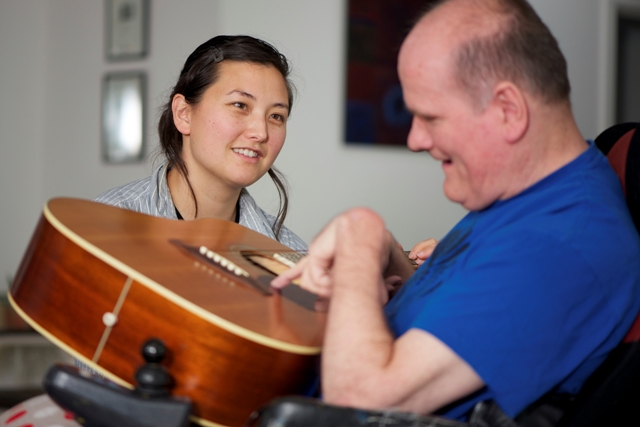 With the Certification Board for Music Therapists, AMTA collaborates on a national initiative to achieve official state recognition of the music therapy profession and the MT-BC credential. This reduces harm to patients from unqualified practitioners, establishes public protection to ensure that music therapy is provided by individuals who meet established training qualifications, and improves consumer access to music therapy services. Currently, some form of music therapy license or recognition has been achieved in 13 states, with 40+ active state task forces seeking to achieve or increase recognition for qualified music therapists.
With the Certification Board for Music Therapists, AMTA collaborates on a national initiative to achieve official state recognition of the music therapy profession and the MT-BC credential. This reduces harm to patients from unqualified practitioners, establishes public protection to ensure that music therapy is provided by individuals who meet established training qualifications, and improves consumer access to music therapy services. Currently, some form of music therapy license or recognition has been achieved in 13 states, with 40+ active state task forces seeking to achieve or increase recognition for qualified music therapists.
Providing Continuing Education, Research, and Scholarships
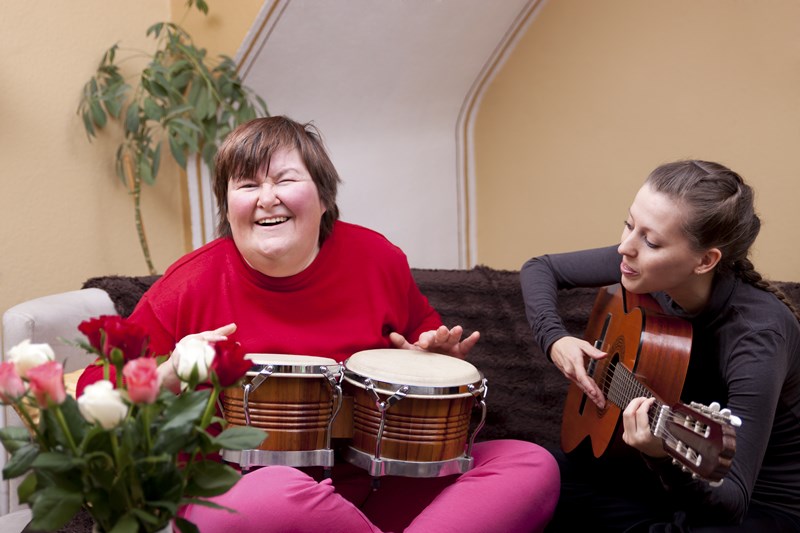 AMTA contributes to a robust portfolio of evidence-based research to build awareness, disseminate findings, and expand access to music therapy.
AMTA contributes to a robust portfolio of evidence-based research to build awareness, disseminate findings, and expand access to music therapy.
AMTA provides relevant and tailored conferences, presentations, specialized trainings, and online courses that address topics to help music therapists provide and improve high quality services for their clients.
AMTA provides scholarship and grant opportunities each year which support clinicians, researchers, music therapists, and students. Scholarships help contribute to diversity, equity, inclusion, and access for music therapy professionals and those they serve.
Impact of AMTA's Efforts
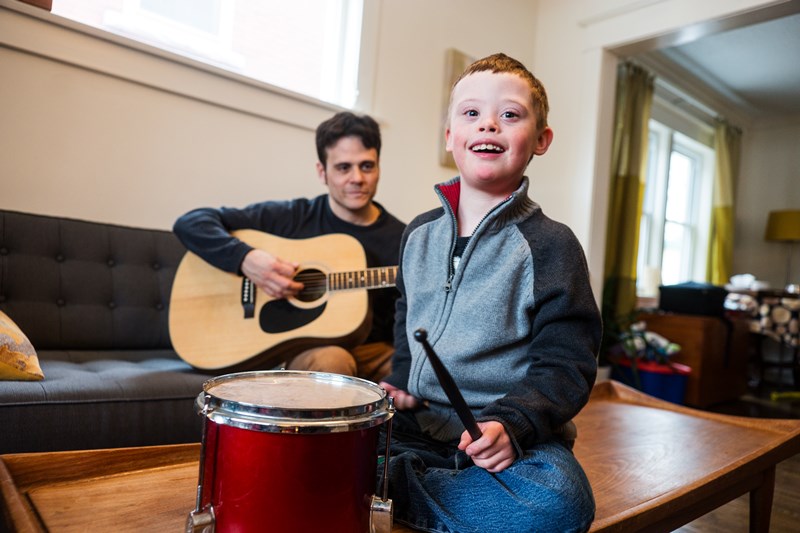 20,000+ social media followers provided with music therapy awareness-raising information and access to resources.
20,000+ social media followers provided with music therapy awareness-raising information and access to resources.- 10,000+ Board Certified Music Therapists in 2021.
- 3,500+ members include music therapists. empowered access to education, training, credential attainment, and professional networking.
- 100+ hours new educational content developed each year.
- Over 150 students and professionals recognized on social media.
- 30 important conference sessions for professional development and enhancing music therapy visibility.
- Over 100 speakers engaged to share expertise with a broad audience.
- Partnerships with coalitions and organizations to support the professional development of music therapists and expand access to music therapy.
- Over a dozen individuals supported with scholarships each year.
- $25,000 in scholarship and research funding opportunities awarded yearly.
- AMTA collaborates with the National Institutes of Health (NIH) to provide Sound Health, Music and the Mind courses and information through a $20 million NIH award to study music therapy and neuroscience.
- AMTA was a key collaborator to MS in Harmony, a Bristol-Myers Squibb-supported, first-of-its-kind music therapy offering designed to help people living with multiple sclerosis achieve mind-body harmony through music therapy techniques.
People Served by Music Therapists
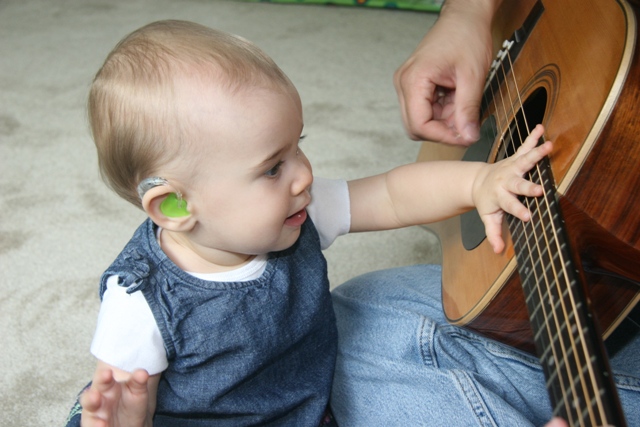 Approximately 10,000 board certified music therapists provided services for an estimated 1.9 million people, of all walks of life and with all different healthcare needs, in an estimated 36,000 facilities in 2020 with AMTA's support.
Approximately 10,000 board certified music therapists provided services for an estimated 1.9 million people, of all walks of life and with all different healthcare needs, in an estimated 36,000 facilities in 2020 with AMTA's support.
Gracious Donors Support AMTA's Mission
AMTA is supported through charitable contributions, membership dues and sponsors/partners who invest in scholarships, public education, research and its dissemination, conferences, and events. Our efforts would not be possible without public support and charitable giving amplifing our efforts. Donors may choose to contribute to AMTA's general fund or a specific program. Contributions are tax deductible as allowed by law. Click a link below to make a donation online today.
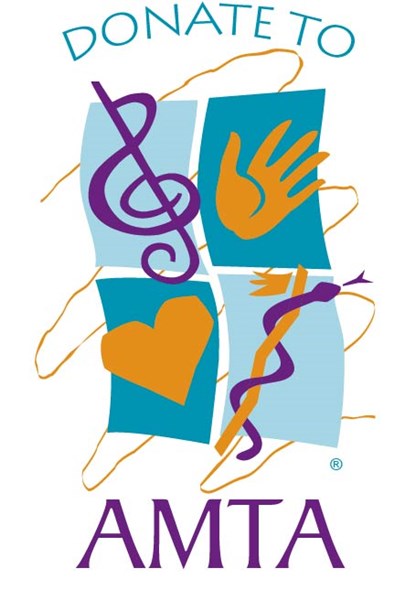 AMTA General Fund - A donation to AMTA helps support our mission to advance public awareness of the benefits of music therapy and increase access to quality music therapy services in a rapidly changing world.
AMTA General Fund - A donation to AMTA helps support our mission to advance public awareness of the benefits of music therapy and increase access to quality music therapy services in a rapidly changing world.
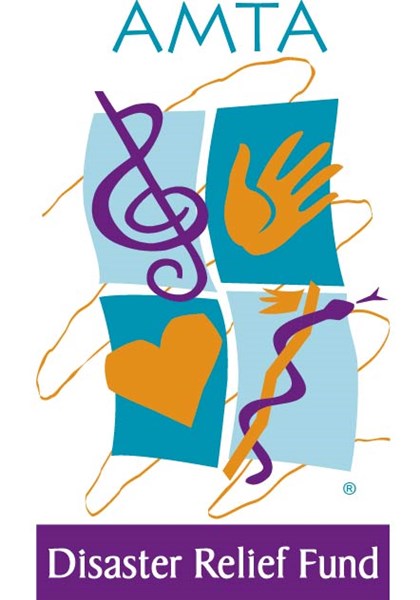 AMTA Disaster Relief Fund - AMTA supports and aids music therapists and others affected by trauma or disaster. AMTA reaches out to music therapists in affected areas and provides resources so they can better serve individuals in their community affected by traumatic events.
AMTA Disaster Relief Fund - AMTA supports and aids music therapists and others affected by trauma or disaster. AMTA reaches out to music therapists in affected areas and provides resources so they can better serve individuals in their community affected by traumatic events.

Andrea Farbman Government Relations Advocacy Fund - Acknowledges, honors, and continues the work of Dr. Andrea Farbman during her 30+ years of leadership for the music therapy profession.
 Donation in Honor of Al Bumanis - AMTA’s first Director of Communications and Conferences, Al was the genius behind scores of conferences and the intermediary for hundreds of journalists for over 20 years. His family welcomes donations in his honor made to AMTA.
Donation in Honor of Al Bumanis - AMTA’s first Director of Communications and Conferences, Al was the genius behind scores of conferences and the intermediary for hundreds of journalists for over 20 years. His family welcomes donations in his honor made to AMTA.
Music Therapy Advocate - Your donations to AMTA's general fund as a Music Therapy Advocate help us to fulfill our mission to educate the public about the benefits of music therapy and increase access to quality music therapy services in a rapidly changing world. Make your gift now to support music therapy!
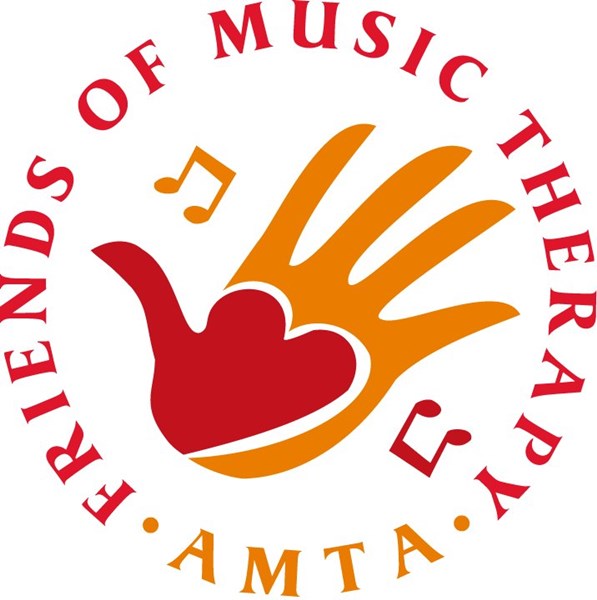
Friends of Music Therapy - Friends can make a difference! Make a donation to become a Friend of Music Therapy (or donate in someone's honor). You or your designate will receive a Friends of Music Therapy certificate.
Research in Music Therapy
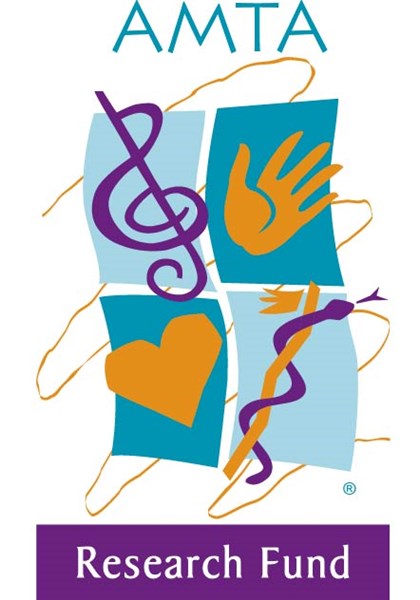
AMTA provides grant funding for research and supports and disseminates new and cutting-edge research to a world-wide audience, which includes developing countries. You can donate to support the AMTA General Research Fund which promotes needed research in music therapy,
or donate to the Arthur Flagler Fultz Research Award, named for a music therapy founder, this program encourages, promotes, and funds new and innovative music therapy treatments in clinical and health services research with a yearly grant.
Scholarships for Music Therapists and Students
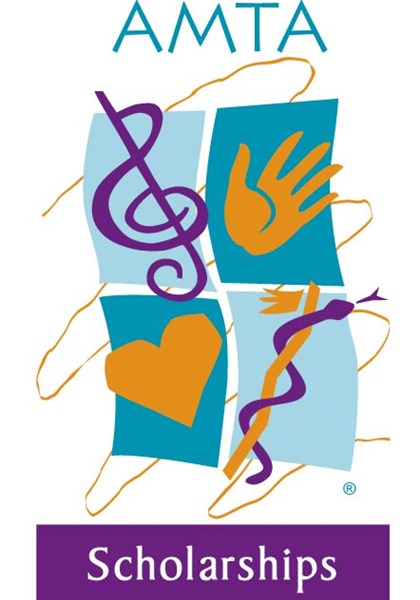
AMTA provides scholarships to deserving students and professionals. You can donate to support the AMTA Scholarship Fund to help further education for music therapists and music therapy students, or choose to support a specific scholarship program below.